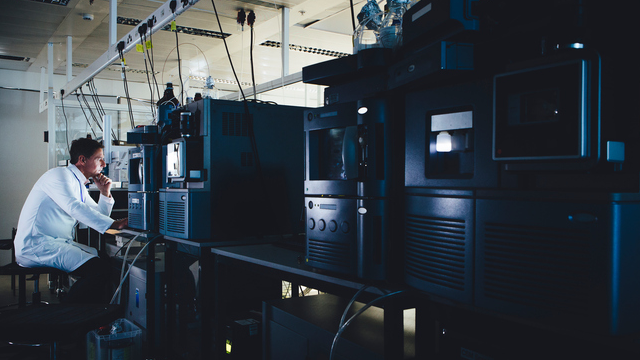
BINGHAMTON, NY — The National Science Foundation has awarded a research grant close to $1 million to four professors, two from Binghamton University and two from Wayne State University, who are committed to developing a national cyberinfrastructure that intends to keep malicious or misleading data out of the scientific community.
The research will address a troubling cybersecurity issue facing the dissemination of new scientific data. After scientific research projects are complete, the data found has to be processed, stored, and shared, with the hope that other studies can use or expand upon it. This information is usually kept in what is called scientific workflows. However, holes in cybersecurity mean that the data found in some of the largest scientific workflows is not always accurate. That's where the proposed project, "Infrastructure Support for Securing Large-Scale Scientific Workflows," comes into play.
Binghamton University associate professor Ping Yang and assistant professor Guanhua Yan serve as the principal investigator and co-principal investigator (Co-PI), respectively, along with two other co-PIs: Shiyong Lu and Fengwei Zhang, from Wayne State University.
Yang explained that scientific workflows have become a popular way for researchers to share data among themselves in a variety of fields.
"We've seen that in astronomy, the Montage scientific workflow is used by thousands of astronomers for image mosaics of the sky. In seismology, the CyberShake project used 239 scientific workflows to generate seismic hazard maps in 2009 alone," said Yang.
Unfortunately, these systems lack a robust cyberinfrastructure, which means that it is possible for unverified data to make its way into these large-scale scientific workflows. According to the research project's proposal, "a scientist or student may forge or alter datasets or computation simply to get papers accepted for publication." This can threaten the integrity of future scientific research and breaks down the reliability of the scientific community's shared information. The goal of this study will be to develop a secure infrastructure that can improve credibility by cracking down on data tampering and detecting errors before they're shared.
This research project is estimated to be completed by August 2020 and will work to cover a wide range of science and engineering disciplines.











